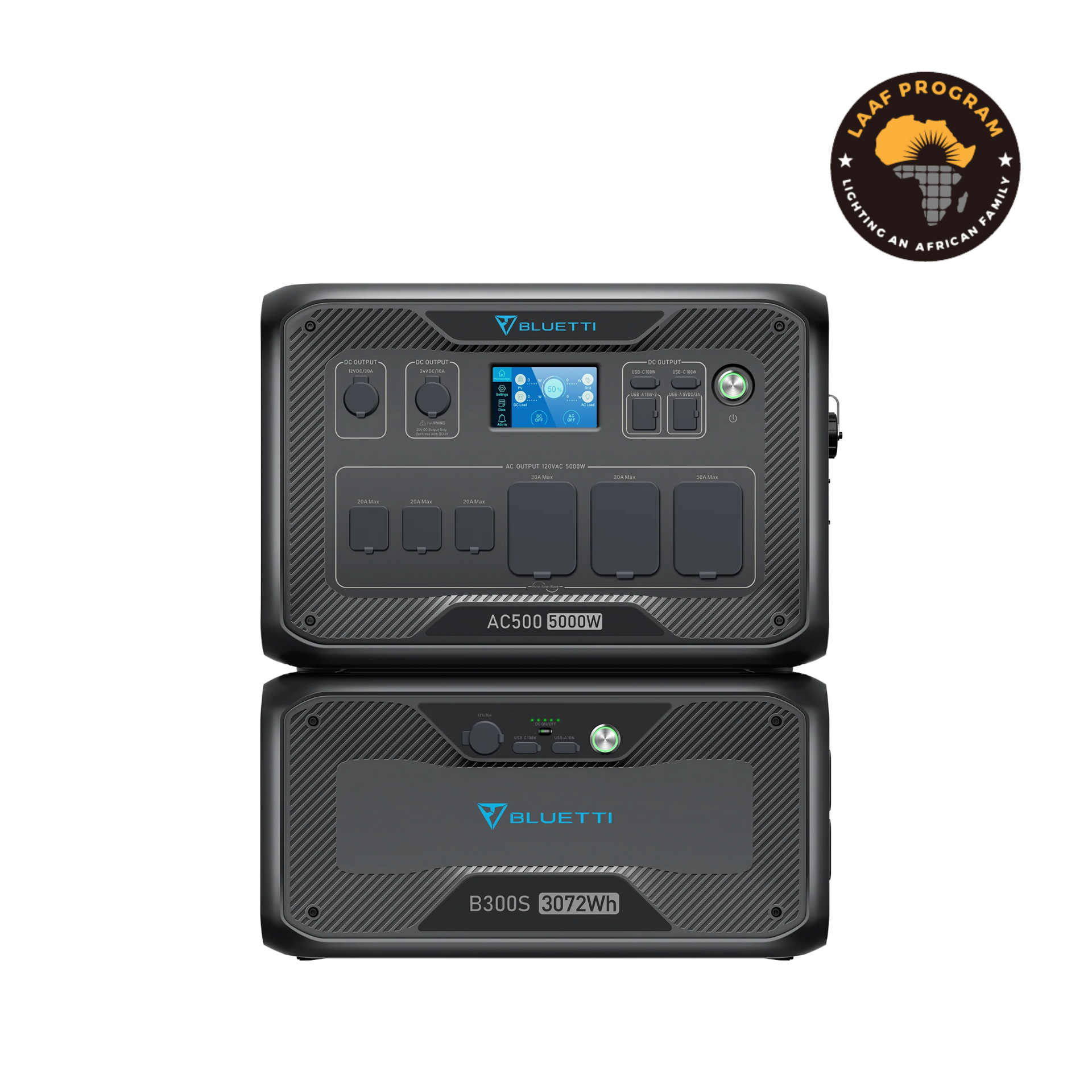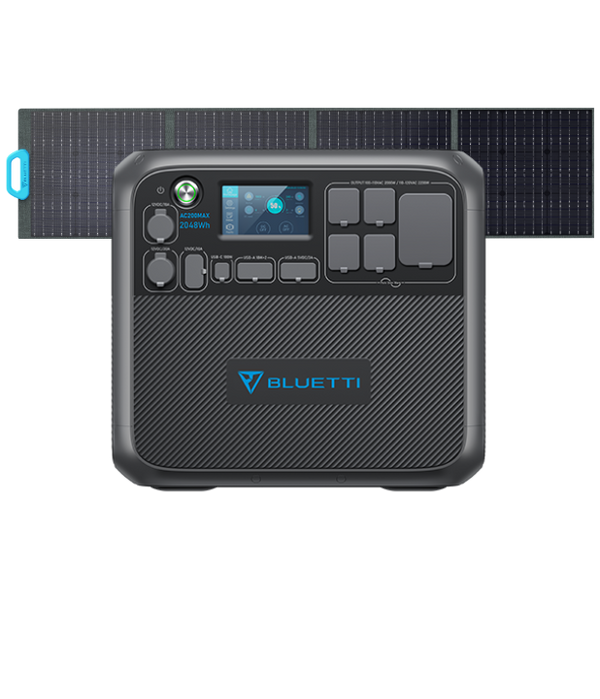The cost of living in Ontario captures the attention of many. It includes the different utility expenses, amounting to large bills in your monthly budget. Therefore, knowing what the average costs are for utilities helps one plan finances effectively. This article breaks down average electricity, water, gas, internet, and cable prices in Ontario so you get quite a comprehensive view of the way to manage one's expenses efficiently. Be it that you are thinking to move to Ontario or are already resident there, knowing these costs should give you a real sense of what awaits and how to budget accordingly.
What's the Average Electricity Bill Cost in Ontario?
Electricity is clearly one of the biggest utility costs, most commonly known as hydro in Ontario. The average cost for an electricity bill in Ontario is approximately $102.09 per month. Although this would be a variable rate depending on many variables including how big your house is, number of people residing in that house, and also how usage of electricity is done.
The Ontario Energy Board sets electricity rates in Ontario, which are approved to change twice a year. The rates are graduated, wherein higher amounts will have higher prices. In addition, there is time-of-use pricing. Here, electricity will cost more or less depending on the season and time of day. An example would be off-peak hours. Here, the rates are cheaper than on-peak hours. Added to this base electricity rate are other charges for delivery and regulations.
What's the Average Water Bill Cost in Ontario?
The average Ontario water bill is about $90.40 per month. In fact, the rate for water will be determined by local municipalities, and therefore it varies greatly depending on your location and by the amount used. Most Ontario households are billed using a mix of a fixed service charge and a variable consumption charge. A water bill typically includes an itemization of the water supply, wastewater treatment, and storm water management charges.
The fixed service charge applies to the maintenance of the infrastructure. On the other hand, the consumptive charge depends on how many cubic meters one has consumed. Seasonal rate adjustments normally reflect increased demands for water during summer months in at least some municipalities.
What's the Average Gas Bill Cost in Ontario?
It is mainly used for heating homes and water, especially during the cold winter months. The average gas bill for Ontario comes to approximately 328.93 dollars monthly. Natural gas prices move with market conditions, the weather, and your meter reading patterns. For instance, gas bills in Ontario are comprised of many components, including the price of gas itself, its delivery, and some fixed administrative charges.
The Ontario Energy Board is the body that instructs the rates for natural gas utility companies like Enbridge Gas and EPCOR. It also reassesses and introduces changes to these rates each quarter. Natural gas consumption comes in cubic meters. It will cost differentially according to thermal heating system efficiency, home insulation, and personal habits. In winter, heating needs can add well into the gas bill, while this use and associated costs are much lower in summer.
What's the Average Internet Bill Cost in Ontario?
Monthly access to the internet is a necessity for most, and the average Ontario bill will come in at at least $64.00. Providers, speeds, and connection type all factor into the cost of internet service. Ontario connections are available in DSL, cable, and fiber-optic, each of which provides different bandwidth and quality ranges.
DSL connections make use of existing telephone lines and are thus the cheapest option, though at speeds inferior to both cable and fiber-optic connections. On the other hand, cable internet makes use of the infrastructure from cable TV to realize higher speeds but can be influenced by the number of users in one area. Fiber-optic internet is the most expensive but fastest and most reliable way to connect. Many providers bundle services like internet, cable TV, and home phone that may give some cost savings.
What's the Average Cable Bill Cost in Ontario?
While the trend is for a shift to streaming, in most households, cable remains an extremely common service. On average, the price of a cable bill in Ontario comes out to approximately $49.00 per month. Cable packages can be as low as fifteen dollars a month or as high as two hundred dollars a month, depending on the number of channels one has subscribed to, premium content, and special features such as VOD.
Most Ontario-based cable providers offer different packages, which range from basic plans of just a few channels to premium plans that have sports, movies, and international channels. Some even have bundle deals with internet and home phone services that add special discounts. Courtesy of Netflix, Disney+, Amazon Prime, and others, though, this trend is seeing many consumers rethink their cable subscription.
What's the Average Home Phone Bill Cost in Ontario?
Even though most people use a mobile phone, many homes still have a home phone line. The average cost in Ontario for a home phone bill is approximately $34.00 a month. Providers include those that are used to provide internet and cable, thereby being able to sometimes package them more cheaply for services when amassed.
Home telephone plans almost always include unlimited local calling; however, long-distance might cost a fee with some service providers. Other plans also provide caller ID, voicemail, and call waiting. The cost for a residential phone service, therefore, will mainly depend on the number of features it has and the provider. For people who barely use their residential phone, switching to a cheap plan or basically using only the mobile phone can be one way through which they can save some money. Moreover, the VoIP services that make calls with the use of the internet can be more pocket-friendly compared to landline services.
What's the Average Utility Bill Cost in Ontario?

The major utility bills, all totaled up in Ontario, come to approximately $339.49 per month. This includes electricity, water, gas, internet, and cable, though it can be higher or lower based on how large the consumption is within a household. Each of the components that make up your utility bill can change over the course of a year as seasons, habits, and the effectiveness of appliances in your home change. For example, heating and cooling costs may shoot up during winter and summer respectively. Similarly, water charges may rise during summer for watering plants and filling swimming pools.
How to Reduce the Hydro Bill?
Bring down your hydro bill in Ontario with energy efficiency practices and smart investment. Below are tricks to help you lower your costs:
- Switch to LED Lighting: This applies to bulbs, which consume approximately 75 percent less energy than incandescent options. Besides, the recommended bulbs last much longer.
- Turn off idle electronics: Even when they're powered down, plugged-in devices use a bit of energy called phantom power. Put them on smart power strips or shut them off to conserve power.
- Use programmable thermostats. Such thermostats, as this is based on your schedule, will automatically change the temperature and reduce heating and cooling when not at home.
- Insulate Your Home: This will ensure appropriate insulation, so the energy being spent on your heating or cooling system goes down and thus reduces your utility bills.
- Maintain HVAC Systems: Ensure that your heating/ventilation/air conditioning systems work at full efficiency with reduced energy use by regular maintenance.
- Install Energy-Efficient Appliances: They use less energy compared to the standard choices. This will lead to huge savings over some time.
- Maximize Natural Light: Avoid artificial light by using natural daylight during the day. Opening curtains and blinds will lighten up a home without electricity.
- Invest in Solar Generators: That may be for your home's renewable energy - a lesser dependence on the grid. Here are two highly recommended options from this category:
BLUETTI AC500 + B300S + PV350
This solar generator package contains a 5,000W AC pure sine wave inverter coupled with a storage battery of 3,072Wh LiFePO₄ capacity. The solar panels in this kit have a high input that is converted really well, hence highly efficient at capturing solar energy. It is expandable to 18,432Wh, which is enough to service large households or when outages last for long periods. It provides different charging ways: solar, AC, car, generator, and dual charging to ensure you have the power at your side. Smart control and monitor through the BLUETTI app allow convenience and flexibility.
BLUETTI AC200MAX + PV350
The AC200MAX has a 2200W AC pure sine wave inverter and a 2048Wh capacity battery, which can be expanded to 6144Wh. It has the advantage of supporting seven ways of recharge, with solar being one of them, making it useful for many uses all round. In this case with regard to the kit, the solar panels are foldable and portable to enhance ease of setting up and moving. Besides, the system is user-friendly through smart control by the BLUETTI App. Thus, this would be great to cover even a medium size household and an excellent backup power solution.
Final Thoughts
Knowing the average cost of utility bills in Ontario can facilitate budgeting or any kind of finances upon which planning is key. This information can, therefore, be very instrumental in making decisions concerning electricity, water, gas, internet, and cable by knowing what to expect. Besides, energy-saving practices put in place and venturing into renewable energy like solar generators for power will also definitely save much money on utility bills.






